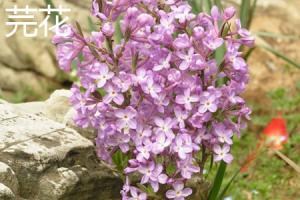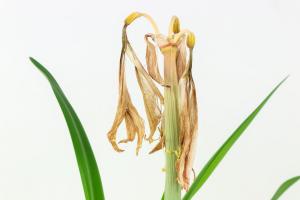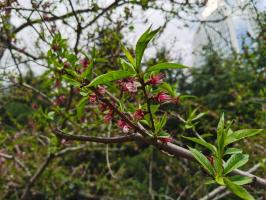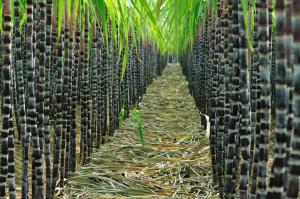Introduction
Epsom salts, also known as magnesium sulfate, have been claimed to aid in the growth of all plants due to their magnesium and sulfate content. In this article, we will explore the benefits and drawbacks of using Epsom salts on plants.
The Benefits of Epsom Salts for Plants
Epsom salts contain two essential nutrients for plant growth: magnesium and sulfate. Magnesium is an important component of chlorophyll, which is necessary for photosynthesis. Sulfate is essential for the formation of proteins and enzymes in plants. Additionally, Epsom salts may help improve the uptake of other important nutrients by plants, such as nitrogen and phosphorus. Some studies have also suggested that Epsom salts can help improve the overall health and appearance of plants.
The Drawbacks of Epsom Salts for Plants
While Epsom salts can provide benefits to plants, it is important to note that they are not a cure-all solution. Overuse of Epsom salts can lead to an excess of magnesium and sulfate in the soil, which can be harmful to plants. Additionally, plants may not need additional magnesium or sulfate if their soil already contains sufficient amounts. It is also important to note that Epsom salts should not be used as a substitute for proper soil management and fertilization.
Best Practices for Using Epsom Salts on Plants
If you decide to use Epsom salts on your plants, it is important to follow best practices to avoid harming your plants. As a general rule, Epsom salts should only be used on plants that have a known magnesium or sulfur deficiency. Before applying Epsom salts, test your soil pH and nutrient levels to determine if your plants actually need additional magnesium or sulfate. If your soil is deficient in these nutrients, apply Epsom salts sparingly and follow the recommended application rates. It is generally recommended to apply Epsom salts once or twice a year, early in the growing season.
Conclusion
Epsom salts can provide benefits to plants by providing essential nutrients and improving nutrient uptake. However, it is important to use Epsom salts carefully and avoid overuse or using them as a substitute for proper soil management. By following best practices, you can help ensure that your plants receive the proper nutrients they need to grow and flourish.

 how many times do yo...
how many times do yo... how many planted tre...
how many planted tre... how many pine trees ...
how many pine trees ... how many pecan trees...
how many pecan trees... how many plants comp...
how many plants comp... how many plants can ...
how many plants can ... how many plants and ...
how many plants and ... how many pepper plan...
how many pepper plan...

































